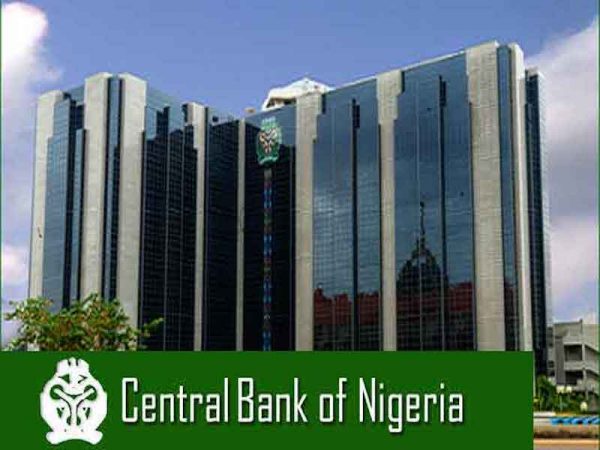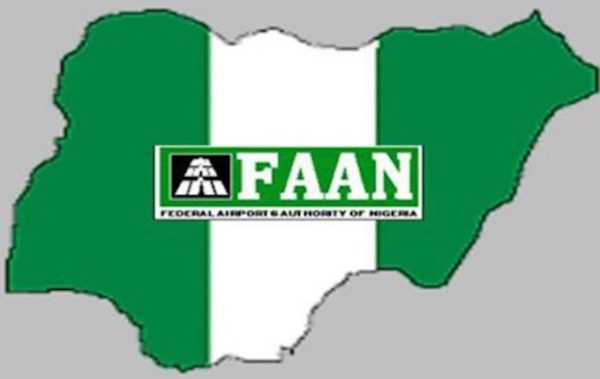
The objective of the Central Bank of Nigeria (CBN) to have 70 per cent of its adult population in the formal financial services sector by 2020 through its financial inclusion initiative is suffering hitches as agency banking operators are faced with dispute resolution issues.
According to Fasasi Sarafadeen Atanda, Managing Director, Ecosystem Hybrid Network, “there are no dispute mechanisms in settlement issues between providers and agents as well with customers at agent location.

“The issues around PoS chargeback are beyond debit of customers as there is no complaint mechanism in place for financial inclusion services. In a formal banking system, there is a complaint mechanism where customers are allowed to lodge a complaint and tracking number given to them; if such issues were not resolved the customer can escalate it to CBN with the tracking number.
“For Agency banking, which is informal and still financial service the mechanism of formal should not be used in resolving complaints as the scenarios are different.

Today, if customers have issues at the PoS level and we the agents that interface between Banks and their customers at hinterland complain at a bank branch, because of lack of knowledge they turn us back because they don’t understand the procedure that PoS is also issued by a bank.

He explained that there are two parties involved in resolving PoS issues, the issuing bank, and the acquiring bank. “So, PoS is actually attached to acquiring bank when there is an issue, a customer should go to issuing bank that issued his card it is the responsibility of the bank to log it against the acquiring bank and ensure that the acquiring settles the account of its own customer.
Under this regime, if a card is issued in Lagos and the customer travels to Maiduguri and uses the PoS, the customer would have to go to Lagos to ask the PoS agent of his refund.
CBN has to intervene by directing banks not to turn customers back to agents for dispute resolution rather resolve all electronic transaction disputes in the bank not at agent locations because agents are third party providers as they belong to one of the banks issuing or acquiring.
“Agents should be enabled to log complain on behalf of their customers as we are providing services at the agent level, we should be providing resolution mechanism at agent level and the two should go together, you can’t sale service without problems. Agents are not protected like the banks
“The reason we want dispute resolution to start at the agent level is that banks cannot cope with the number of complaints arising from huge transactions that are done through PoS every month,” he said.
Victor Olojo, National President, Association of Mobile Money and Banking Agents of Nigeria (AMMBAN), added that recruiting 500,000 agents across the country within the next two years is not difficult and what is tall order to achieve is managing that number with the poor infrastructure they are presently facing in the business of agency business,
“Presently, banks and licensed mobile money operators lack capacity to manage issues arising from network downtime. Web-based solutions do not have the capacity to carry out transactions volume of up to 5,000 let alone when 500,000 are brought into the system.
“There must be concrete plans to improve upon available infrastructure to be able to support additional agents into the system. More so, there is a knowledge gap in the management of agents by bank officers who do not understand the business of the informal sector. Over the years, we have noticed that some bank staff lack basic knowledge of digital financial service, “he said.
Olojo urged CBN and banks to put in place Agent support system in dealing with agents who are people not regulated by any institution.
 MMS PLUS NG – Maritime, Aviation, Business, Oil and Gas News Online Newspaper with coverage in Maritime, Oil and Gas, Aviation, Power and Energy as well as Financial News
MMS PLUS NG – Maritime, Aviation, Business, Oil and Gas News Online Newspaper with coverage in Maritime, Oil and Gas, Aviation, Power and Energy as well as Financial News









